The Caribbean may be famous for calypso and reggae, but the music doesn’t stop there. Talia Wooldridge discovers the islands have put their own spin on jazz, electronic music, and dancehall beats.
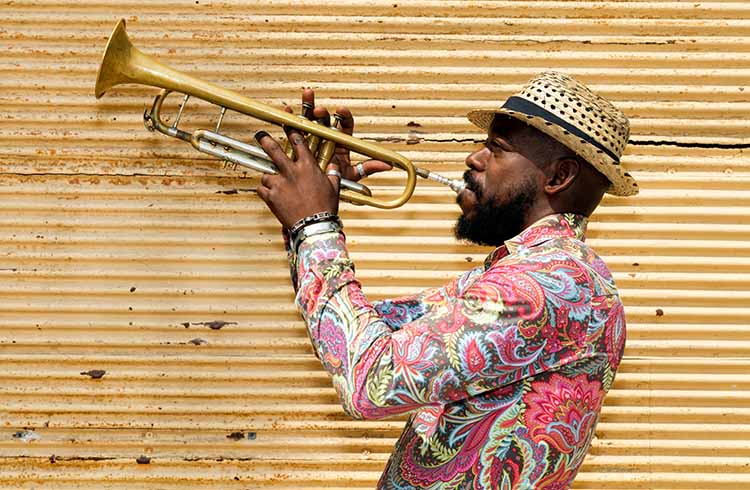 Photo © Getty Images / Bim
Photo © Getty Images / Bim
The islands of the Caribbean have proudly claimed ownership of their native styles of music, flavored with North American and European influences. Jamaican ska, reggae, and dancehall, Trinidadian calypso and soca, as well as French-Caribbean’s cadence and zouk, have all been major exports and festival draws since their inception. But starting in the 1980s, jazz, electronic music, and Jamaican gospel dancehall have also entered into the Caribbean music circuit.
Caribbean jazz
In 2006, I was working at my aunt’s restaurant in Nevis. I had just graduated music school, and was keen to utilize my new skills and contacts. While getting to know the local bar and restaurant owners, it struck me that the island was ripe for a blues and jazz festival, as it attracted an affluent traveler demographic I felt would enjoy world-renowned artists in a tropical setting. Many scoffed at my youthful idea, reminding me that St. Lucia already had a world-renowned jazz festival, but some encouraged me to pursue it.
Sadly, Nevis was hit by a hurricane in 2008, knocking out the Four Seasons, one of the main hotels on the small island and a major draw for tourist dollars. I shelved my idea and pursued work in North America. But I must have been onto something. Less than a decade later, the Nevis Blues Festival debuted in April 2015 and lasted two years, until another hurricane hit in 2018. Now, blues and jazz performances are scattered throughout the island at various resorts and hotels.
But as early as the 1980s, jazz music started to gain popularity throughout the Caribbean. The softening of intra-Caribbean musical barriers allowed an influx of musical styles to infiltrate the region through global radio stations, visitors, and youth who attended college abroad and brought new styles of music back home. Such is the case with Arturo Tappin, a Barbadian saxophonist first exposed to jazz music when his son attended university in North America. Apparently Tappin’s Barbadian manager, Scofield Pilgrim, then introduced many Trinidadians to jazz when he lived in Port of Spain, Trinidad. And in turn, Trinidadian Gene Lawrence later became chairman of St. Lucia’s jazz society.
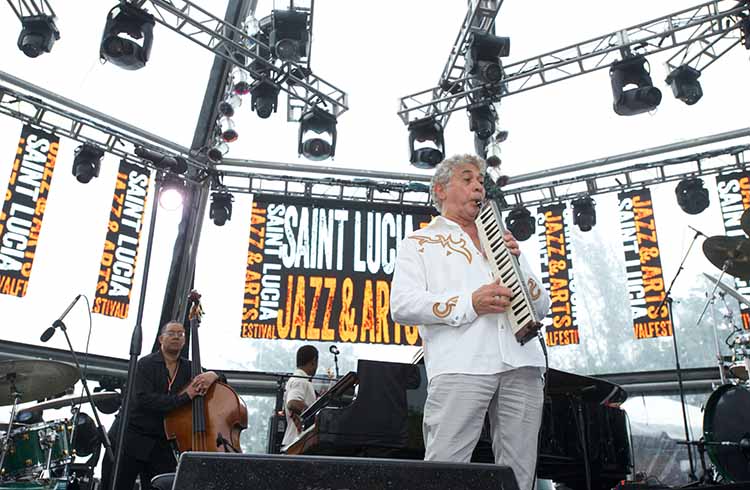
In 1986, Aruba’s Jazz and Latin Music Festival debuted, running until 2001. It was the Caribbean’s inaugural jazz festival. St Lucia’s Jazz Festival followed in 1992. Paxton Baker, a young American who would go on to become a philanthropist, organized and booked award-winning international talent for both festivals, as well as Trinidad’s Pan Jazz Festival, celebrating the rising popularity of this Caribbean music genre, which features jazzy arrangements of popular tunes on the steelpan.
The success of these early jazz festivals inspired 30 more annual festivals throughout the Caribbean by the mid-90s, along with an influx of jazz clubs scattered throughout the islands. Many festivals eventually merged to soul, pop, R&B, and reggae headliners, including the late Amy Winehouse. But strictly jazz-programmed festivals are still running in Haiti, Barbados, Havana (Cuba), and Bermuda; the latter two run every two years. Year-round, Havana hosts amazing jazz at various hotspots around the city, including Jazz Club, La Zorra y el Cuervo, and Miramar Jazz.
Gospel dancehall in Jamaica
When I visited Kingston in 2010, the Jamaica Family Festival was on. It was a beautiful outdoor concert with delicious jerk food, smiling kids, and live music. When local singer Kevin Smith took the mic and began to sing the gospel over dancehall riddims, I did a triple-take; I had never heard dancehall praise God before!
Gospel dancehall emerged in the early 1990s, around the time the original down an’ dutty dancehall was making a global impact in music. With a similar reaction to the “rude boys” of early reggae music, many church-going Jamaicans could not embrace dancehall’s explicit lyrics and raunchy dance moves.
Given the popularity of gospel pop music in Jamaica since the 1980s, gospel dancehall was a natural evolution as a cleaner, family-friendly (and Christian) spin on an otherwise popular dance genre. Gospel reggae would quickly become interchangeable with the genre. Lady Saw, Papa San, Goddy Goddy, DJ Nicholas (who converted to singing the gospel after a dream), Prodigal Son, Lt. Stichie and Kevin Smith are a few of the artists to emerge.
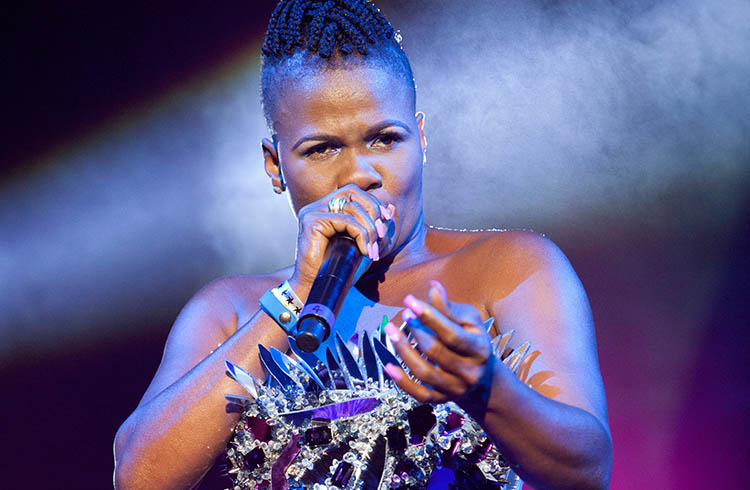
Electronic music in the Caribbean
Given the French and Dutch Caribbean ties to the European club scene, and Rihanna hailing from Barbados, it was only a matter of time before the Caribbean became the new host for various underground electronic dance music (EDM) festivals, featuring DJs performing long before the genre caught hold.
EDM festivals in the Caribbean started with Aruba’s long-running Love Festival. Its demise in 2014 paved the way for SXM Festival, a boutique music festival featuring international DJs such as Dubfire and Nina Kravitz that debuted in 2016 across the Dutch-French island of St. Martin-Sint Maarten. Given the Dutch ties to club culture, Sint Maarten already had a thriving techno scene and nightlife. The festival brought new, international DJs to these clubs.
I was fortunate enough to attend the festival during its first two years. Dreamy music by DJs Behrouz, Chaim, and The Doctors flowed all afternoon from a treetop booth, overlooking infinity pools hugged by the thumping dance floor. Festival goers splashed about in sunglasses and on unicorn floaties. The intimate setting was pure bliss, refreshingly free of bros, muscle t-shirts, and obnoxious attitudes.
In April 2018, Vujaday Festival arrived in Barbados with a sunrise party, featuring headliner Moses, over the breathtaking cliff of Bathsheba Beach, and YookO’s album release aboard the pirate ship, The Jolly Roger, where partiers swung out on a rope into the Caribbean waters over lush electronic music beats. When the festival isn’t running, electronic music fans flock to the sultry Nikki Beach bar, with its signature orange lounges and splash pool.
Jamaica also started the small but growing Tmrw.Tday Festival, featuring a blend of electronic music and a Saturday night reggae showcase that brings out many locals. Traditionally, electronic music in Jamaica has been heard in its native genres: dancehall and dub music. Lee “Scratch” Perry was an innovator and pioneer in dub music due to his remixing, studio techniques, and production style. Dub, in turn, inspired electronic music genre dubstep.
To some purists, Jamaica rivals Germany for creating new synthesized genres. In any case, the Caribbean influence on these music styles can’t be denied – and the music world is much richer as a result.
Related articles
Simple and flexible travel insurance
You can buy at home or while traveling, and claim online from anywhere in the world. With 150+ adventure activities covered and 24/7 emergency assistance.
Get a quote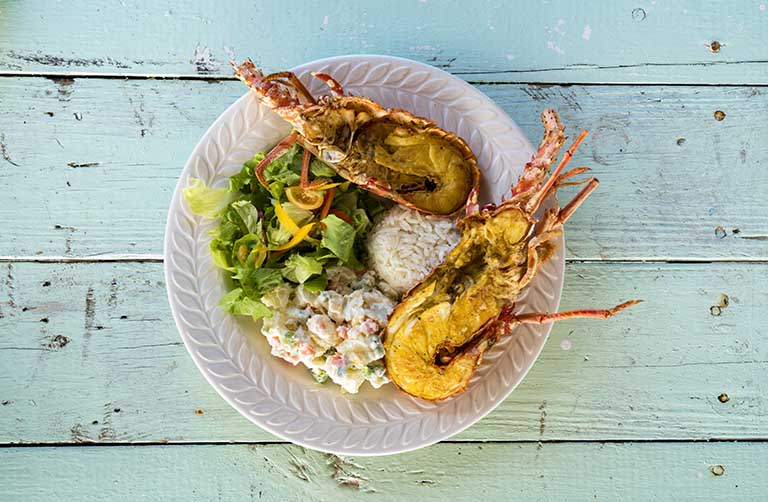
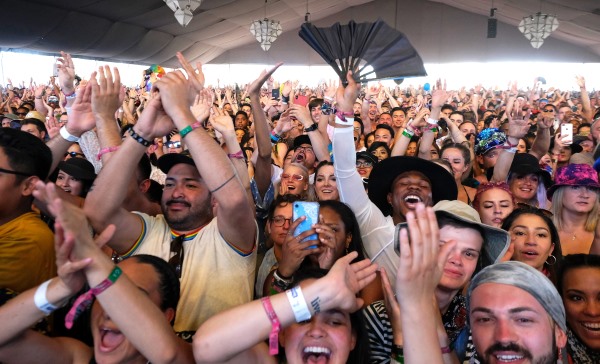
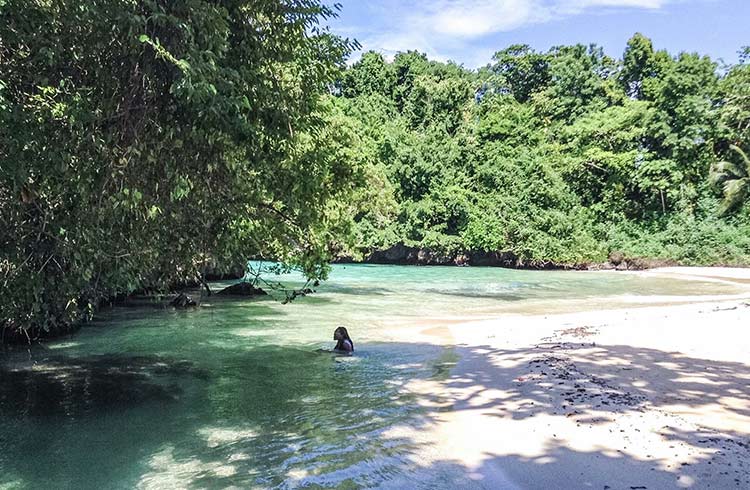
No Comments